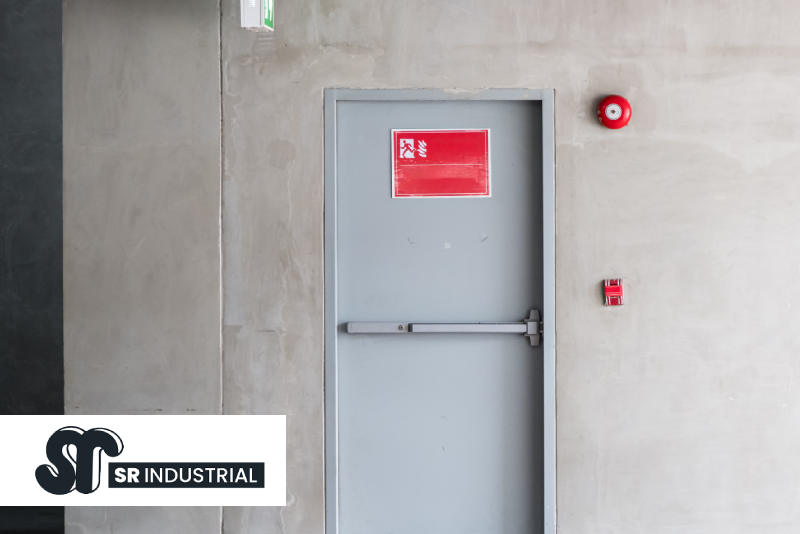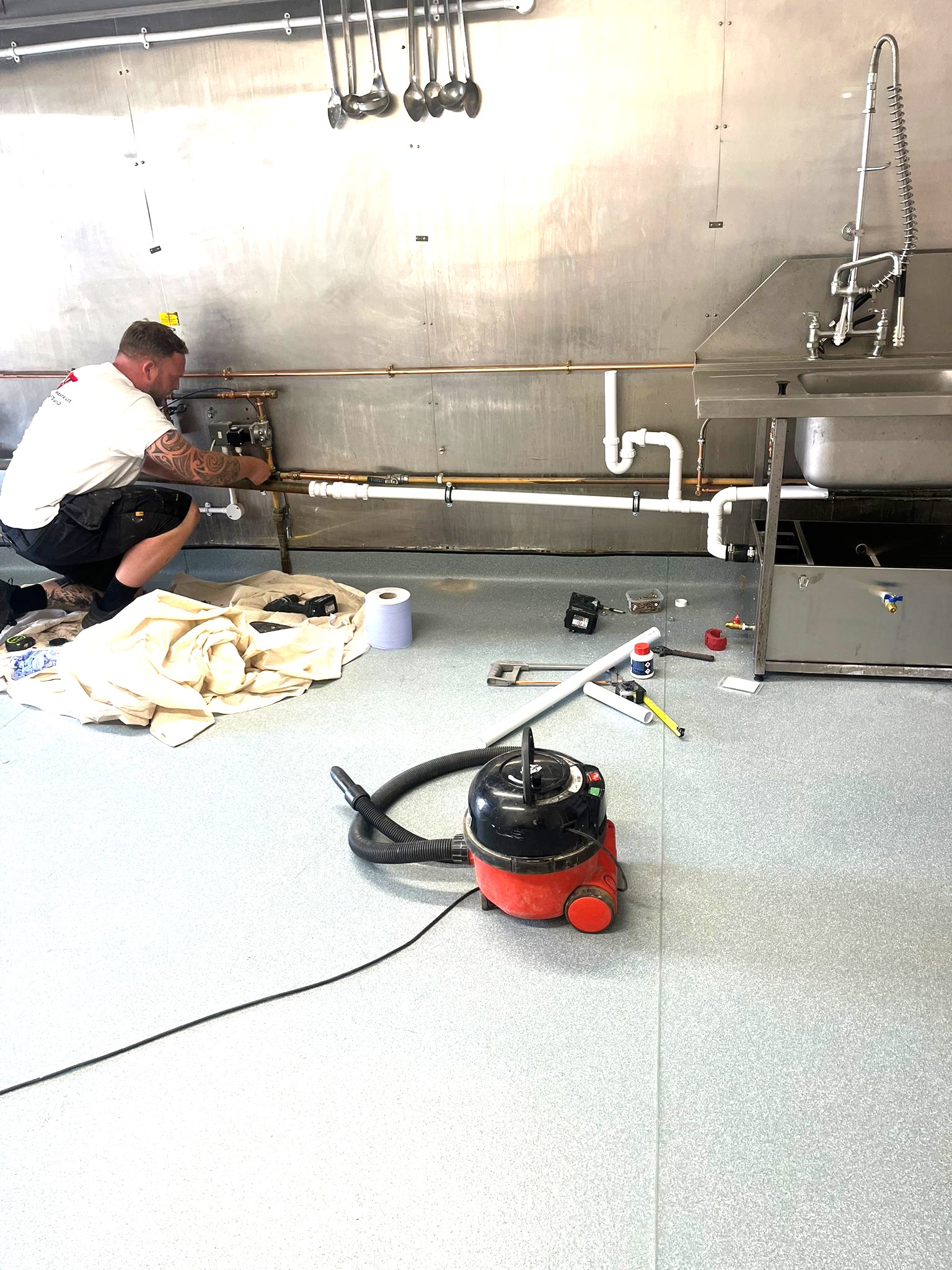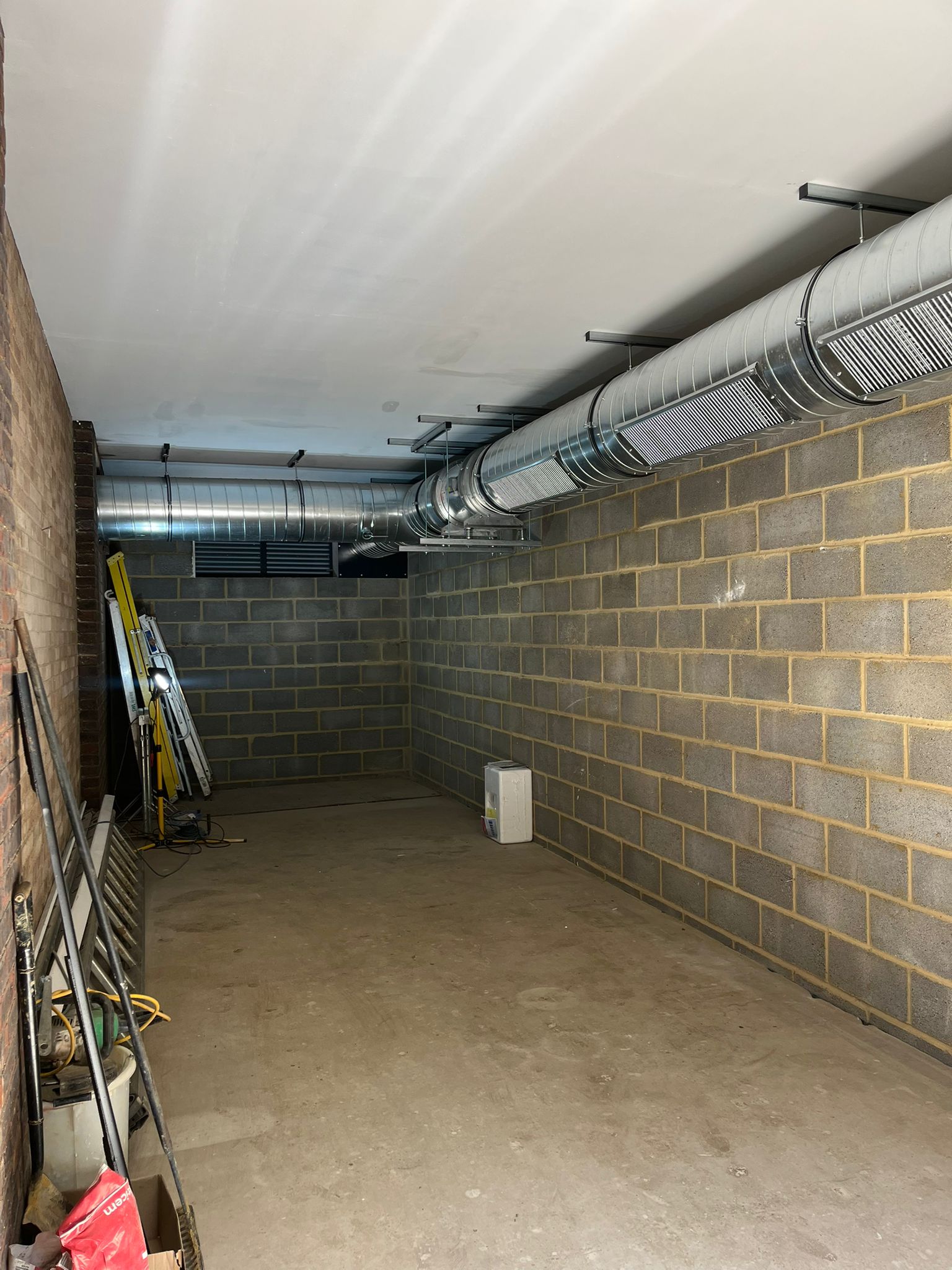Using A Specialist For Fire Door Fitting

Introduction
Fire safety is a critical concern for any industrial or commercial building. A single fire incident can cause severe damage to property, injury or even loss of life. As a result, ensuring the proper installation and maintenance of fire doors is vital. In this article, we’ll explore the importance of using a specialist for fire door fitting and the key factors to consider when selecting the right expert for your needs.
Understanding Fire Doors
Fire doors are a type of door that has been designed to prevent the spread of fire, smoke and toxic gases throughout a building. They are made from materials such as timber, steel, glass and vermiculite. Fire doors play a critical role in fire safety as they can help to contain a fire and prevent it from spreading throughout the building.
There are several types of fire doors, each with a specific fire rating. Fire ratings are given to doors based on how long they can withstand fire and prevent it from spreading. The most common fire ratings are FD30 and FD60, which signify that a door can withstand fire for 30 and 60 minutes, respectively.
Building regulations and legal requirements mandate the installation of fire doors in commercial and industrial buildings. It is crucial to comply with these regulations to ensure the safety of employees and visitors to the building.
Why Use a Specialist for Fire Door Fitting?
Proper installation of fire doors is vital to ensuring their effectiveness in the event of a fire. Fire door fitting requires a high level of skill, knowledge and expertise. If a fire door is not installed correctly, it may not provide the necessary protection during a fire, and the consequences can be catastrophic.
Using a specialist for fire door fitting is crucial for several reasons. Firstly, fire door specialists have the necessary training, qualifications and experience to ensure that fire doors are installed correctly. They understand the regulations and legal requirements surrounding fire doors, and they can advise on the best type of fire door to install in your building.
Secondly, a specialist will have access to the right tools and equipment necessary for proper installation. They will be able to measure and cut the door to the correct size, ensuring a tight fit between the door and the frame. They will also install the necessary fire seals and hinges to ensure that the door provides adequate fire resistance.
Finally, using a specialist for fire door fitting can save you time and money in the long run. If a fire door is not installed correctly, it may need to be replaced, resulting in additional costs. Additionally, a poorly installed fire door can compromise the safety of the building and its occupants, resulting in legal and financial consequences.
Choosing the Right Fire Door Specialist
When choosing a specialist for fire door fitting, several factors need to be considered. The following are some of the most important factors to consider:
- Qualifications and certifications: Look for a specialist with the necessary qualifications and certifications to perform fire door fitting. These may include qualifications such as NVQ Level 2 or 3 in Fenestration Installation, FDIS (Fire Door Inspection Scheme) certification or BM TRADA Q-Mark certification.
- Experience: Choose a specialist with significant experience in fire door fitting. Experienced specialists will have the necessary skills and knowledge to install fire doors correctly.
- Reputation: Look for a specialist with a good reputation in the industry. Ask for references and read reviews from previous customers to determine the quality of their work.
- Cost: While cost should not be the only consideration, it is essential to choose a specialist who offers competitive pricing for their services.
- Availability: Choose a specialist who is available to carry out the work at a time that is convenient for you.
The Fire Door Fitting Process
The process of fitting a fire door involves several steps:
- Survey and planning: The specialist will carry out a survey of the building to determine the type of fire door required and the size of the door. They will also assess the condition of the door frame and surrounding walls to ensure that they are suitable for the installation of a fire door. Proper planning is essential to ensure that the installation is carried out correctly.
- Preparation: Before installing the fire door, the specialist will prepare the area by removing the existing door and frame. They will also prepare the surrounding walls to ensure that they are free from any obstructions or debris that may affect the installation.
- Installation: The specialist will install the fire door and frame according to the manufacturer’s instructions and in compliance with building regulations. They will ensure that the door fits tightly into the frame and that all necessary fire seals and hinges are installed correctly.
- Testing: Once the installation is complete, the specialist will test the door to ensure that it provides adequate fire resistance. They will also test the smoke seals to ensure that they are working correctly.
- Certification: Once the installation and testing are complete, the specialist will provide a certification confirming that the fire door has been installed correctly and in compliance with building regulations.
Maintenance and Testing of Fire Doors
Regular maintenance and testing of fire doors are crucial to ensure that they remain effective in the event of a fire. The following are some key considerations:
- Legal requirements: Building regulations require that fire doors are maintained and tested regularly to ensure their effectiveness. The frequency of testing depends on the type of door and its location in the building.
- Maintenance: Regular maintenance is essential to ensure that fire doors remain in good condition. This may include lubricating hinges and locks, replacing damaged or worn parts, and ensuring that the door closes correctly.
- Testing: Fire doors should be tested regularly to ensure that they provide adequate fire resistance. Testing should be carried out by a qualified specialist. Testing should include checks of the door’s smoke seals and self-closing mechanism.
Common Fire Door Fitting Issues
During the fire door fitting process, several issues may arise, which can compromise the effectiveness of the door. The following are some of the most common issues:
- Incorrect installation: If the fire door is not installed correctly, it may not provide the necessary fire resistance. This can be catastrophic in the event of a fire.
- Poor maintenance: Failure to maintain the fire door regularly can compromise its effectiveness.
- Damage: Damage to the fire door or surrounding walls can affect its ability to provide adequate fire resistance.
- Obstructions: Obstructions in the path of the door or in the surrounding area can prevent the door from closing correctly.
- Incorrect specification: Installing the wrong type of fire door or using incorrect materials can compromise its effectiveness.
Preventing and addressing these issues requires proper planning, installation, and maintenance of fire doors.


